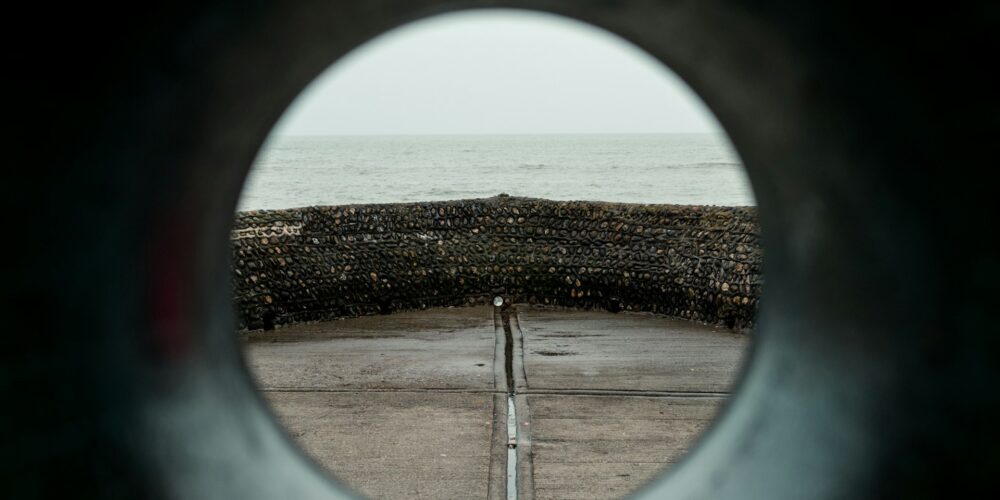
The Problem of ‘In-House Mediation’ in Sport,
and the Risk of Damage to the Plausibility of Mediation
6th September 2024
When it comes to mediation many of the misconceptions, misunderstandings and falsehoods are well known to many in the mediation, ADR and legal fraternities. However, I won’t go into those here as they are well documented elsewhere, and also in some of my own articles.
Yet, one of the aspects that is misunderstood the most (whilst also being one of the most important), is the role of the mediator, their duties, responsibilities and importantly their neutrality in the dispute and towards the parties in dispute (the disputants).
Hence, when these misconceptions are propagated or more worryingly facilitated, by those acting as ‘mediators’, this is very concerning not just in terms of the mediations they partake in and those affected, but also the reputation of mediation ‘as a whole’.
A Conflict of Interests for a Key Sports ‘Mediator’?
When talking to a senior legal officer/counsel of a prominent professional sports entity, our conversation understandably got onto the role of mediation in sport (i.e. with me as a mediator, and them as a lawyer), and I was somewhat astounded by what I heard in regards to the application of mediation in their organisation.
Whilst it was welcome to hear that they support and utilise mediation (given that many in the professional sports industry are yet to ‘wake up to mediation’), the inference in the role they play in mediations and the way in which they practice mediation was concerning. Not least that the legal officer in question (and thus the organisation), acts as a mediator in such mediations.
Whilst this may be feasible in cases involving disputes between their own ‘members’ (albeit a seemingly less common dispute for them to be involved in), it is NOT viable and very ill-advised when a dispute involves either the organisation or their ‘members’ and a third party, given the clear conflict of interest that the mediator has, despite what may be their best intentions, in managing the mediation process in a fair and appropriate manner.
This may however just be a demonstration of innocent nativity (albeit damaging) to many of the core mediation principles by the legal professional (or the organisation) concerned, but they are not alone (as I covered in a series of articles on ‘hurdles for mediation & the legal fraternity’).
Yet, given the increased awareness and exposure given to mediation in the sports world through the likes of Sports Resolutions, such sports organisations and senior legal officers should be fully and acutely aware of the ‘do’s and don’ts‘ of mediation practice, the key principles, where their responsibilities lie, and how their actions could be to the detriment of themselves, their members, their organisations and mediation as a whole.
Sports Regulators, Associations and Unions as Mediators
As already mentioned, awareness and knowledge of mediation in sport is growing rapidly. Some countries are more advanced than others, as are some sports when compared to others (as is evident in other industries with mediation).
However, there are many cases (including that mentioned above), whereby mediation may have been adopted or implemented prematurely or poorly – akin to a ‘shiny new toy’ to ‘show off’, yet ultimately to the detriment of all involved (as referenced for one such case involving FIFA : ‘FIFA’s Mediation – True Mediation or Arbitration ‘On The Cheap’?’ ) due to poor implementation and/or practice.
Whilst I would openly encourage more sports regulators, associations and unions to adopt mediation where appropriate in resolving disputes, it is vitally important that they keep to most, if not all of, the core principles of mediation (not least the impartiality of the mediator(s)).
It is my opinion that sports regulators, associations and unions etc are perfectly positioned to not only raise awareness of mediation and promote mediation – but also act as a ‘signpost’, promoter or facilitator of mediation.
BUT NOT act as mediators unless their neutrality is without doubt, in terms of a specific dispute or the parties involved.
Hence, with the likes of Sport Resolutions and CAS (although CAS arguably leads to the deployment of mediation too late in a dispute), acting as the conduit for such organisations in supporting their mediation processes there is no excuse for sports regulators, governing bodies, associations and unions to have mediation as an option in resolving disputes either internally, between their members/participant or involving a third-party.

